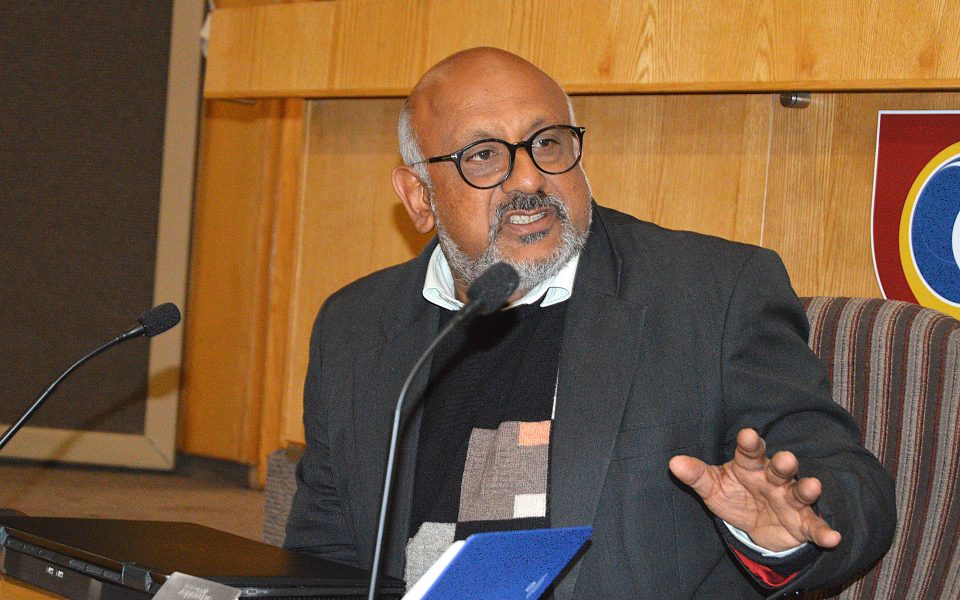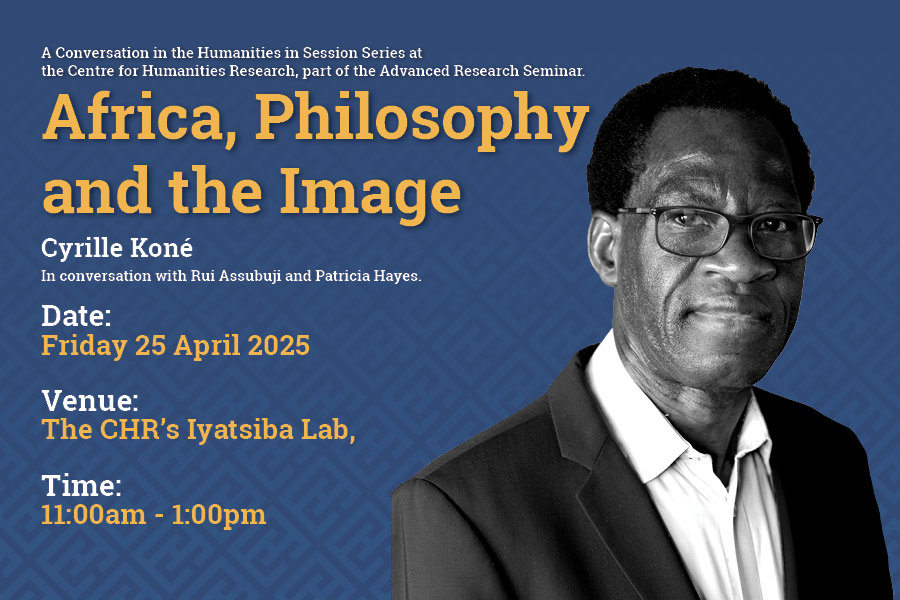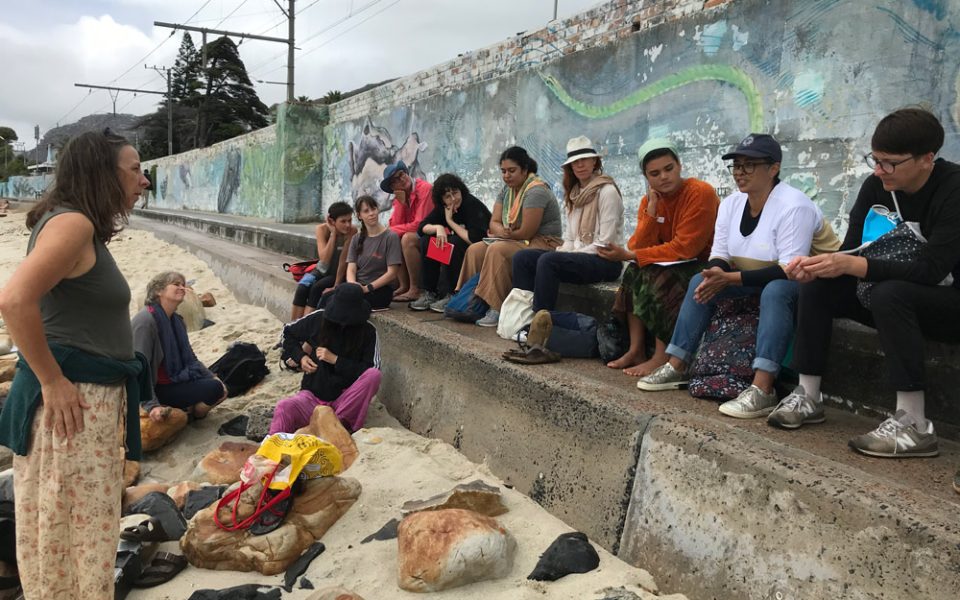Museums, Publics and the Work of Activism

The field of museums, heritage, and memory work has seen significant developments in Canada and South Africa in recent years that are important for these societies and beyond. Canadian museums have seen a renewed focus on human rights, an internationally significant apology to an affected local public by a major provincial museum, as well as new forms of collaboration between indigenous people and anthropologists in rethinking artefacts and collections.
In South Africa, old national museum collections have seen conventional museum classificatory divisions fundamentally questioned, while the sector has also sought to turn its back on legacies of racial science. Cultural history collections have been harnessed in a renewed focus on colonial slavery, while ethnographic collections have provided traces and fragments in the search for indigenous pasts. The work of curating contemporary art continues to challenge inherited categories, posing new questions about the canon and the relationship between aesthetic value and heritage value, in a field increasingly inhabited by commercial galleries, art fairs and large private museums.
New national museums have been called upon to narrate new national histories of struggle and triumph, while longer term memory work has also occurred, suggesting more complex histories of suffering and survival. New urban history museums in Cape Town and other cities have provided forums and platforms for examining long histories of dispossession and resilience, while they have also posed questions about the category ‘museum’ as well as hierarchies and relations of expertise. Commemoration has provided a fruitful arena for examining legacies of slavery, forced removals and dispossession in ways that show that these historical experiences are not over and safely buried in and thus retrievable from the past.
It has become increasingly clear how much all this work has been marked by legacies of activism, sometimes over many generations, and often with these terrains of contestation incomplete and ongoing. This activism has taken many forms, of insistent questioning and epistemic interrogation, of public mobilisation and building social forums, and of connections drawn between historical struggles and contemporary contestations. One of the most important ways in which activism has emerged in the work of museums and memory has involved the questioning of conventional understandings of expertise, with an emphasis on the dignity of self-activity. Another has involved the work of artist collectives, inserting their ideas about pasts and futures into public spaces as deliberate acts of social intervention.
This workshop, hosted by the CHR, is an exchange of ideas between scholars, activists and artists, located in museums, memory projects and at universities that will enable new questions to be posed about the public humanities and the politics of public culture.
A two-day Workshop of the Museum Quadrant of the North – South Partnership between UWC and the University of Toronto on Aesthetic Education hosted by the Centre for Humanities Research, Cape Town, 22 and 23 February 2017




